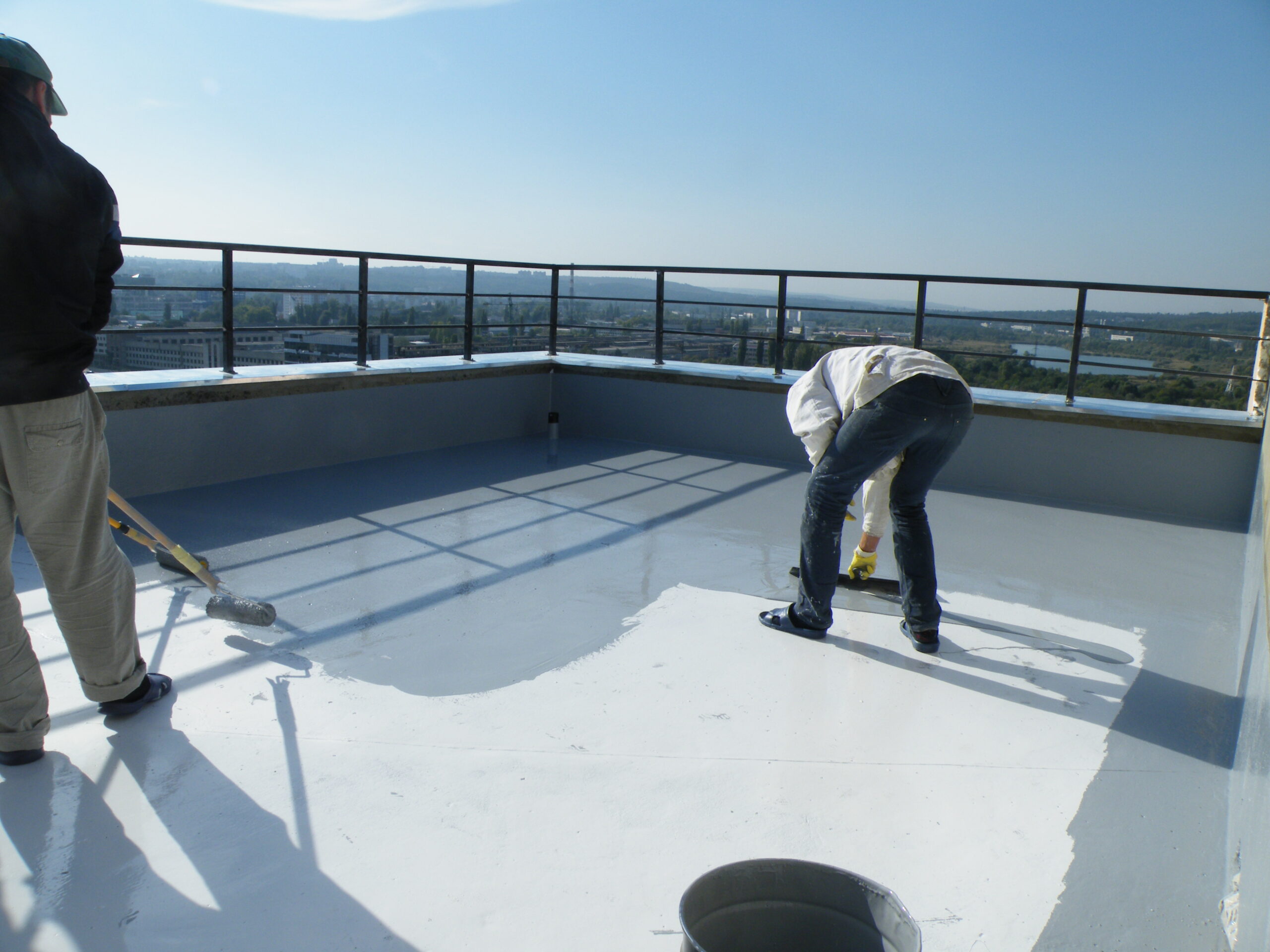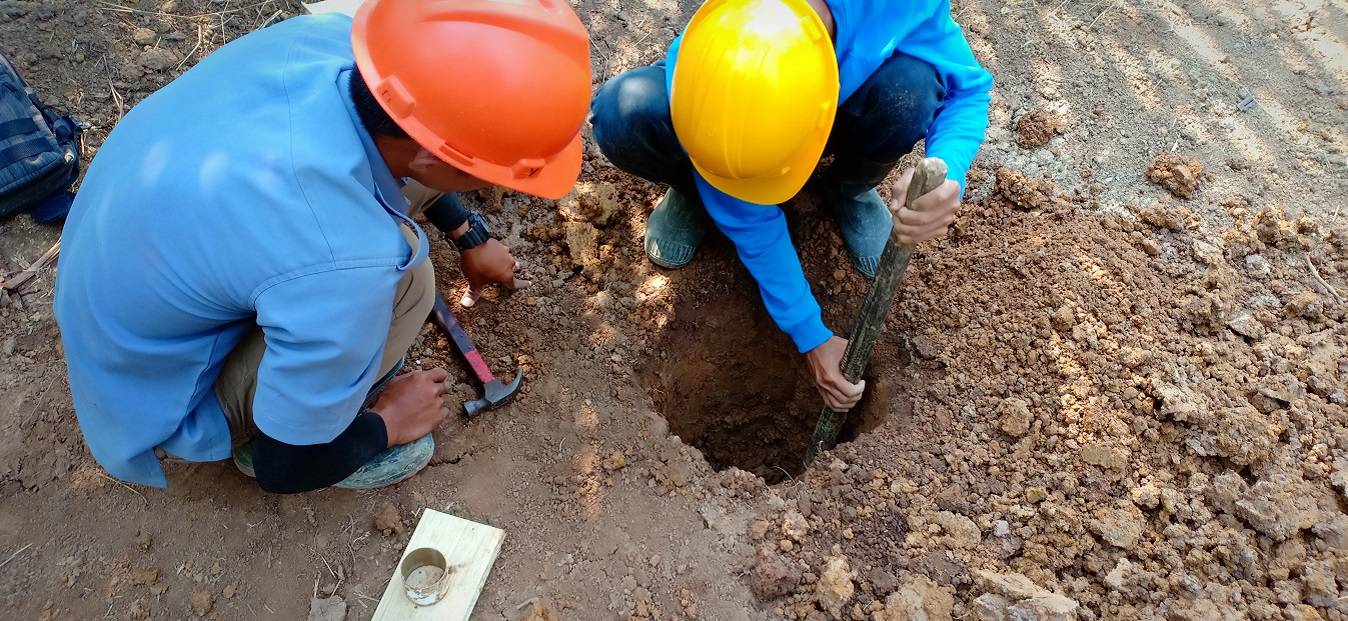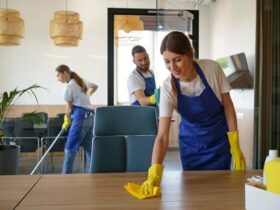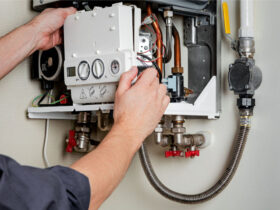Waterproofing is the process of applying a protective layer or coating to prevent water from penetrating through the surface of a building. Waterproofing can protect your property from water damage, such as cracks, leaks, mould, corrosion, and electrical hazards. Waterproofing is especially important in Singapore’s climate, which is hot, humid, and rainy throughout the year. In this blog, we will discuss why waterproofing is essential in Singapore’s climate and how to choose the best waterproofing contractor for your needs. We will also introduce some of the common types of waterproofing methods and materials, such as cementitious coatings, polyurethane coatings, liquid applied membranes, torch-on membrane, etc.
Why is waterproofing important in Singapore’s climate?
Waterproofing is the process of applying a protective layer or coating to prevent water from penetrating through the surface of a building. Waterproofing can protect your property from water damage, such as cracks, leaks, mould, corrosion, and electrical hazards. Waterproofing is especially important in Singapore’s climate, which is hot, humid, and rainy throughout the year.
Singapore has a tropical climate that is hot, humid, and rainy throughout the year. The average temperature is around 27°C, the average humidity is around 84%, and the average rainfall is around 2340 mm per year. These climatic conditions can cause water to seep through cracks, joints, gaps, and pores in the building materials, such as concrete, brick, metal, wood, etc. Water can damage the structural integrity, aesthetic appearance, and functionality of the buildings.
Some of the common problems caused by water leakage are:
- Cracks and spalling: Water can expand and contract due to temperature changes, creating pressure and stress on the building materials. This can lead to cracks and spalling, which are signs of deterioration and weakness.
- Mould and mildew: Water can create a moist and warm environment that is ideal for the growth of mould and mildew. These fungi can cause health issues, such as allergies, asthma, infections, etc. They can also stain and damage the surfaces.
- Corrosion: Water can react with metal components, such as pipes, wires, nails, etc., and cause them to rust and corrode. This can affect the plumbing, electrical, and ventilation systems of the buildings.
- Electrical hazards: Water can conduct electricity and create short circuits, sparks, fires, shocks, etc. This can pose a serious risk to the safety of the occupants and the equipment.
According to a survey by the Building and Construction Authority (BCA) of Singapore in 2020, water leakage was one of the top three defects reported by homeowners in new private residential buildings. The average cost of repairing water leakage in Singapore was estimated to be around S$2,000 per case.
Therefore, waterproofing is important in Singapore’s climate to prevent water damage and protect your property. Waterproofing can also save you money on repairs and maintenance in the long run.
How to choose the best waterproofing contractor for your needs?
Choosing a reliable and experienced waterproofing contractor in Singapore can be challenging due to the variety of options available in the market. However, you can follow some tips or criteria to make an informed decision. Here are some of them:
- Check their credentials, certifications, and portfolio: You should look for a waterproofing contractor that has a valid license from the BCA or other relevant authorities. You should also check their qualifications, accreditations, awards, etc., that demonstrate their expertise and professionalism. You should also ask for their portfolio of previous projects and see if they have done similar work before.
- Compare their prices, warranties, and customer reviews: You should get at least three quotes from different waterproofing contractors and compare their prices, warranties, and customer reviews. You should look for a waterproofing contractor that offers a reasonable price that matches your budget and expectations. You should also look for a waterproofing contractor that offers a long-term warranty that covers both materials and workmanship. You should also read their customer reviews online or ask for references from their previous clients to see if they have a good reputation and track record.
- Ask for a free onsite analysis and consultation: You should request a free onsite analysis and consultation from the waterproofing contractor before hiring them. They should inspect your roof or other areas that need waterproofing and assess the condition and extent of the problem. They should also recommend the most suitable waterproofing solution for your needs based on factors such as type of roof or surface, exposure to weather elements, budget, etc.
- Ensure that they use high-quality materials and equipment and follow the industry standards and regulations: You should ensure that the waterproofing contractor uses high-quality materials and equipment that are durable, effective, and compatible with your roof or surface. You should also ensure that they follow the industry standards and regulations for waterproofing work in Singapore, such as those set by the BCA or other relevant authorities.
Some of the leading waterproofing companies in Singapore are Proseal, High Tech Roofing, General Waterproofing, Flux Waterproofing, etc. They have different advantages and specialties that you can consider when choosing a waterproofing contractor for your needs. Here are some of them:
- Proseal: Waterproofing and repainting specialist since 1999. They offer waterproofing services for roofs, walls, floors, balconies, bathrooms, etc., using cementitious coatings or polyurethane coatings. They also offer repainting services for exterior or interior surfaces using weather-resistant paints.
- High Tech Roofing: Roofing specialist for various types of roofs, including flat roofs, pitched roofs, and metal roofs. They offer waterproofing services using liquid applied membranes or torch-on membranes. They also offer roofing installation, repair, and maintenance services.
- General Waterproofing: Waterproofing services for swimming pools, balconies, bathrooms, basements, etc. using polyurethane coatings or liquid applied membranes. They also offer waterproofing services for concrete structures, such as beams, columns, slabs, etc., using injection grouting or epoxy resin.
- Flux Waterproofing: Waterproofing services for toilet leakage, roof leakage, ceiling leakage, etc. using liquid applied membranes or polyurethane coatings. They also offer waterproofing services for underground structures, such as tunnels, basements, etc., using injection grouting or cementitious coatings.
Conclusion
In conclusion, waterproofing is the process of applying a protective layer or coating to prevent water from penetrating through the surface of a building. Waterproofing can protect your property from water damage, such as cracks, leaks, mould, corrosion, and electrical hazards. Waterproofing is especially important in Singapore’s climate, which is hot, humid, and rainy throughout the year.





